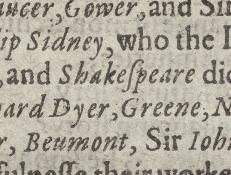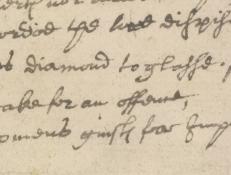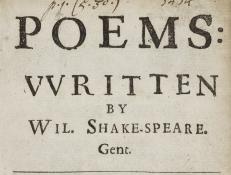Today we remember Shakespeare as the greatest playwright of all time; however, in his own lifetime, he was equally revered as a poet. His first two books of poetry, Venus and Adonis and Rape of Lucrece, were reprinted many times. In fact, they were more popular in print than any of Shakespeare’s plays. Many of the earliest literary critics and anthologists of English-language verse cite these two narrative poems because of their exemplary lines. Like his plays, his poems were probably sold unbound or in flimsy, paper bindings, making their survival unlikely unless an early owner bound them up with other booklets in sturdy bindings.
Shakespeare’s earliest publication, and by far the best-selling work in his lifetime, was the nearly 1200-line poem Venus and Adonis (1593), published in 10 editions between 1594 and 1602. In Shakespeare’s re-telling of the classical tale, Venus, the goddess of love, tries to seduce Adonis, a young hunter, but is rebuffed. Adonis is then killed on a hunting expedition by a wild boar. Readers were titillated by the erotic nature of the poem, and lines from it were frequently excerpted in print and manuscript.
Because of its popularity, other printed poems soon followed. Rape of Lucrece was published in 1594 to great acclaim. His name appeared on the title page of The Passionate Pilgrim (1599) despite the fact that only a handful of the poems were by him. “The Phoenix and the Turtle” appeared in Love’s Martyr in 1601, and Shakespeare’s Sonnets in 1609.

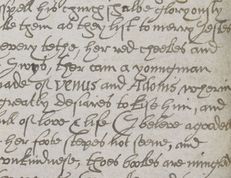
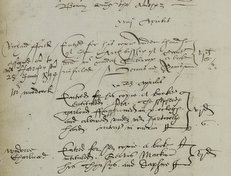
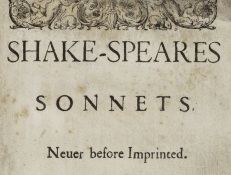
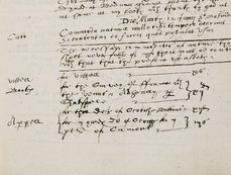

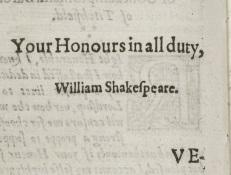

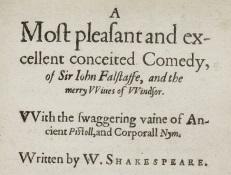
![Capell *.22[2], signatures A2 verso and A3 recto, thumbnail detail](https://shakespearedocumented.folger.edu/sites/default/files/styles/document_thumbnail/public/document-thumbnails/Capell.star_.22_dedication%202_thumbnail%20detail.jpg?itok=SUhQBmMZ)
